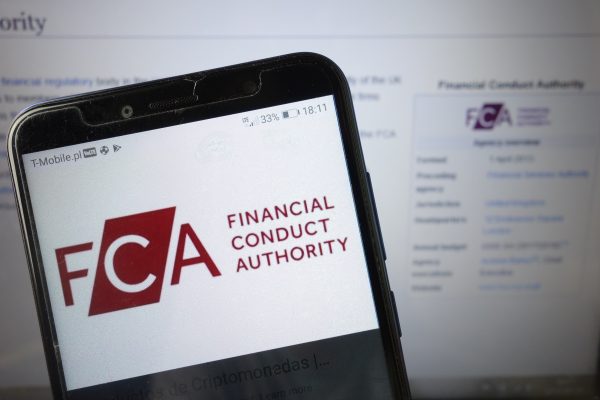A recent Supreme Court Case saw seven of the very best judges in the land consider how to deal with a party not complying with a Court Order.
A court will sometimes issue an ‘unless order’. An unless order is just as it sounds, i.e. unless you do A by a certain date, you will suffer the consequences. In this case, Thevarajah (Respondent) v Riordan and others (Appellants) [2015] UKSC 78, one of the parties was ordered to disclose assets by way of an unless order by 1 July 2013. The party only disclosed some of their assets and so failed to fully meet the order meaning their defence was essentially thrown out.
They appealed this decision (twice) and it was overturned. The other side didn’t like that much and so themselves appealed to the Court Of Appeal who reversed the decision to overturn meaning the party were back in the position of not being allowed to submit their defence. In response, an appeal against that decision was made to the Supreme Court who agreed with the Court of Appeal and so the defence was not allowed. I dread to think how much the legal fees were for each party as an appeal in the county court can cost a few thousand pounds and so pursuing it up to the Court of Appeal and then on to the Supreme Court could well have cost the best part of £100,000, maybe more.
A costly business and a timely reminder that if you have an Order from the court, follow it. If you don’t know what to do, contact us.

Octane Finance is the broker of choice for new and used car dealers nationwide. With our uncompromising service levels and our genuine and professional approach, you and your customers can trust us to deliver.








